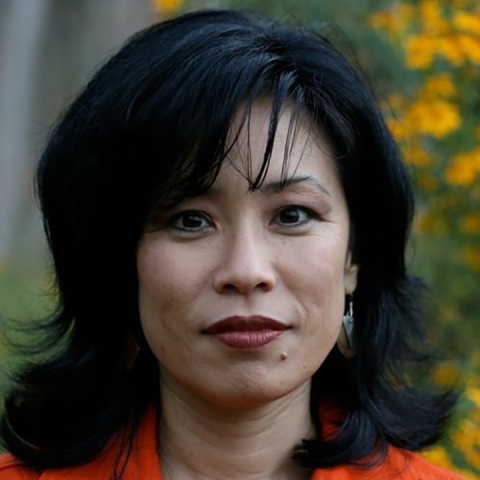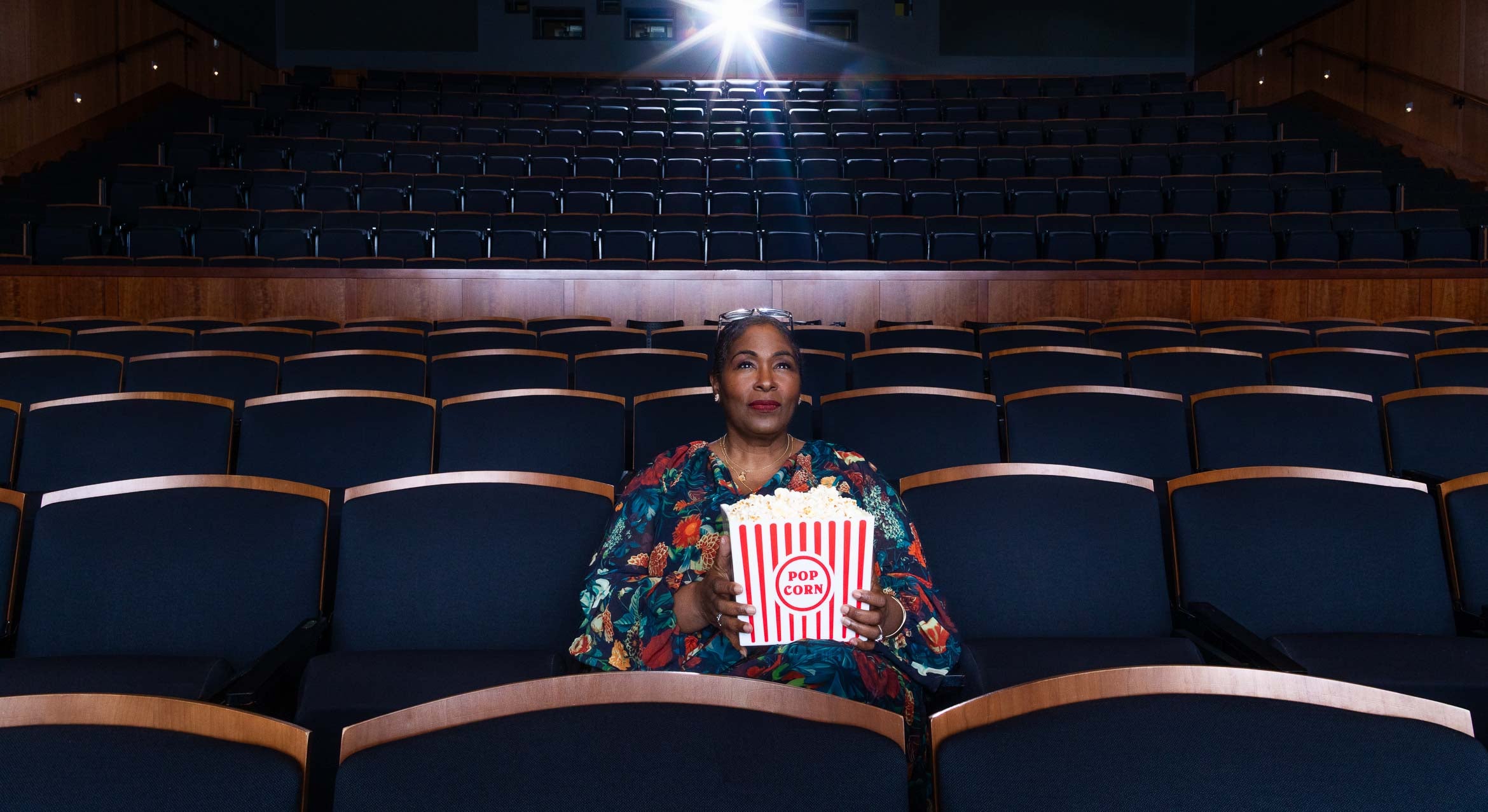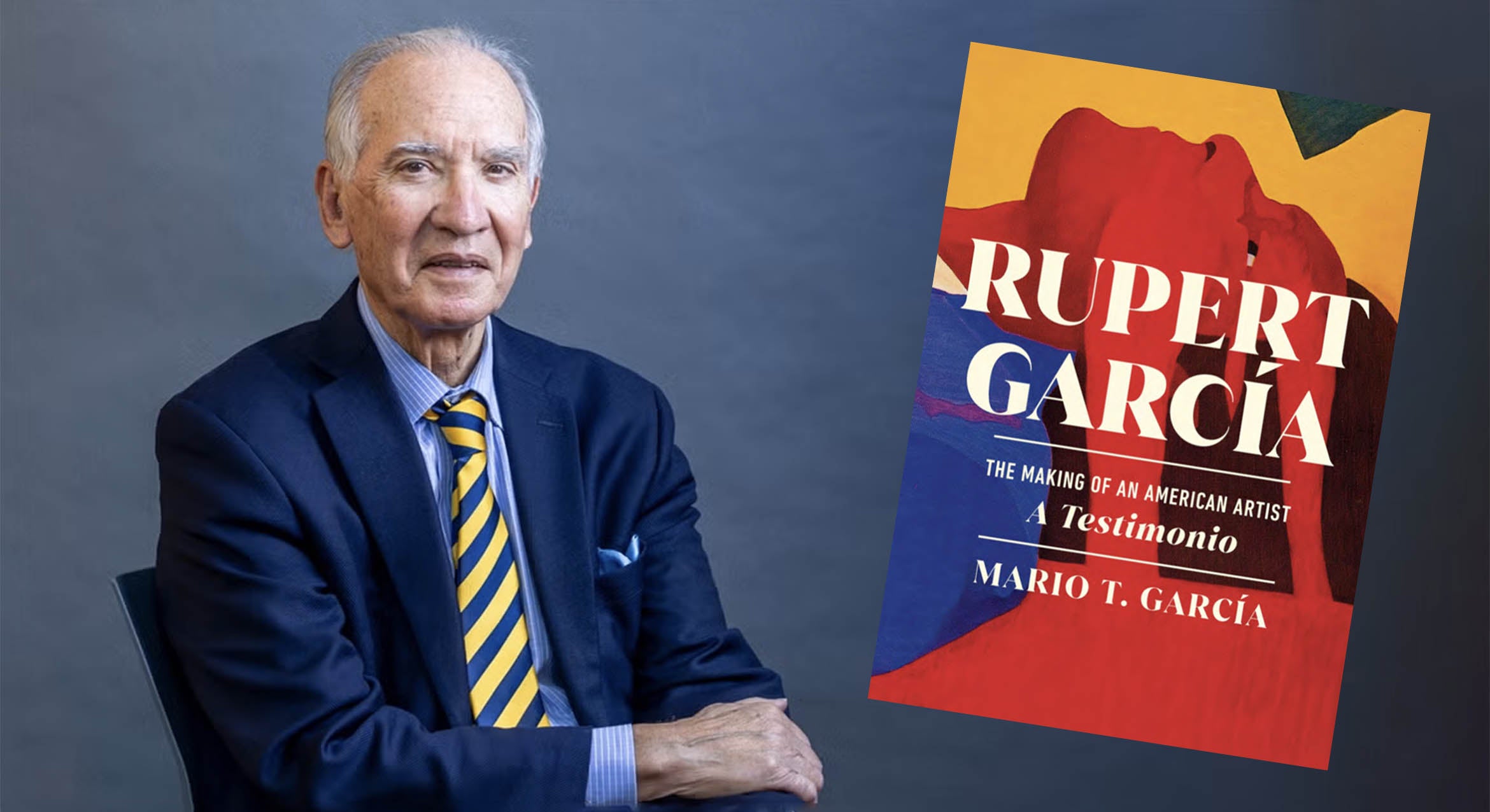New research project aims to better understand perception and use of basic needs services among Asian American, Native Hawaiian and Pacific Islander student groups
Food and housing security — or a lack thereof — are a growing focus of awareness and action on college campuses. Research on basic needs in a college environment, though, has not kept pace, leaving significant gaps in knowledge about who is using such services and why, or why not.
Hoping to help fill those gaps, UC Santa Barbara is launching a research effort to illuminate barriers to the use of campus basic needs services and root causes of food and housing insecurity among an especially understudied student community — Asian Americans, Native Hawaiians and Pacific Islanders (AANHPI). The project has just received a grant from the AAPI Data program at UC Riverside, which is awarding $1.1 million across five UC campuses to probe the needs of AANHPI residents of California, and to provide policy recommendations to address those needs.
The Addressing Basic Needs Equity Gaps at UCSB Research Program will employ mixed-methods research using both community-based and human-centered approaches, including a survey, an undergraduate course and a community advisory board.
“The Asian American and Native Hawaiian and Pacific Islander communities represent a diverse set of cultures and socio-economic experiences, and yet very little research has been done to disaggregate the basic needs experiences of these diverse populations,” said Katie Maynard, UC Santa Barbara’s acting director of campus sustainability and lead investigator on the grant. “Through our research, we hope to better understand the needs, barriers to access and opportunities to serve the distinct groups within our AANHPI communities.”
Since the inception of its basic needs program in 2014, Maynard said, UCSB has tracked both food insecurity rates and participation rates in these services across demographic metrics. The resulting data show that while Hispanic and Black student populations have relatively greater rates of food insecurity than the AANHPI population, they are also more likely to utilize basic needs services such as the campus food pantry or CalFresh. AANHPI students, while having high levels of food insecurity, are underrepresented among UCSB basic needs service clients.
Why?
A key piece of the new project addresses that question by way of a survey, designed to explore AANHPI basic needs insecurities, that will be disseminated to all AANHPI students — both undergraduate and graduate — and to all international students at UC Santa Barbara. The survey will collect information on food, housing and other basic needs insecurities, mental health, sense of belonging, opinions and personal attitudes, as well as perceived parental attitudes on the topic.
Survey responses will be analyzed by students in the new course, who will conduct qualitative research, interviews included, to augment the quantitative findings. Students in the class will be broken into groups, each of which will develop a research focus for a specific subpopulation within the AANHPI community (Cambodian, Korean, Filipino, Chinese, etc.).
“This grant enables us to pilot an exciting new class where we involve UCSB students in community-based research around basic needs,” said Alexander Cho, an assistant professor of Asian American studies at UC Santa Barbara, who developed the course with Professor Diane Fujino. “We’ll be using principles of design thinking and design research to learn more about these issues, with our own students taking the lead in ideating possible solutions in order to serve their broader community.”
Providing insight and guidance throughout all of these activities will be a student-driven advisory board that also is part of the multifaceted new grant.
“The Food Security and Basic Needs Taskforce is excited to be launching a new AANHPI Advisory Board through this grant,” said Maynard, who co-staffs the taskforce. “This board will include 18 student leaders, faculty from the Department of Asian American Studies, and several staff with experience working with AANHPI committees and organizations. We are excited to create a new way to uplift the voices of campus leaders from the AANHPI community.”
The ultimate goal of the UCSB project, Maynard said, is to design practices to better reach underrepresented AANHPI students through intentional and focused outreach methods, and to develop recommendations to inform campus, UC and even state policy.
“Currently, the state legislature funds the most basic needs funding for the campus,” she said. “Through this research, we hope to influence future funding cycles and priorities based on the needs of the AANHPI community and ideas from the community needs assessment.”
The grants announced today are divided among eight teams of researchers at five campuses, whose projects range from the impacts of bullying in schools to how the COVID-19 pandemic affects the health and well-being of Filipino American workers in the state. They are funded out of a $10 million allocation to AAPI Data in 2021, as part of the $166.5 million Asian and Pacific Islander Equity Budget approved by Governor Gavin Newsom.
Shelly Leachman
(805) 893-2191
shelly.leachman@ucsb.edu




